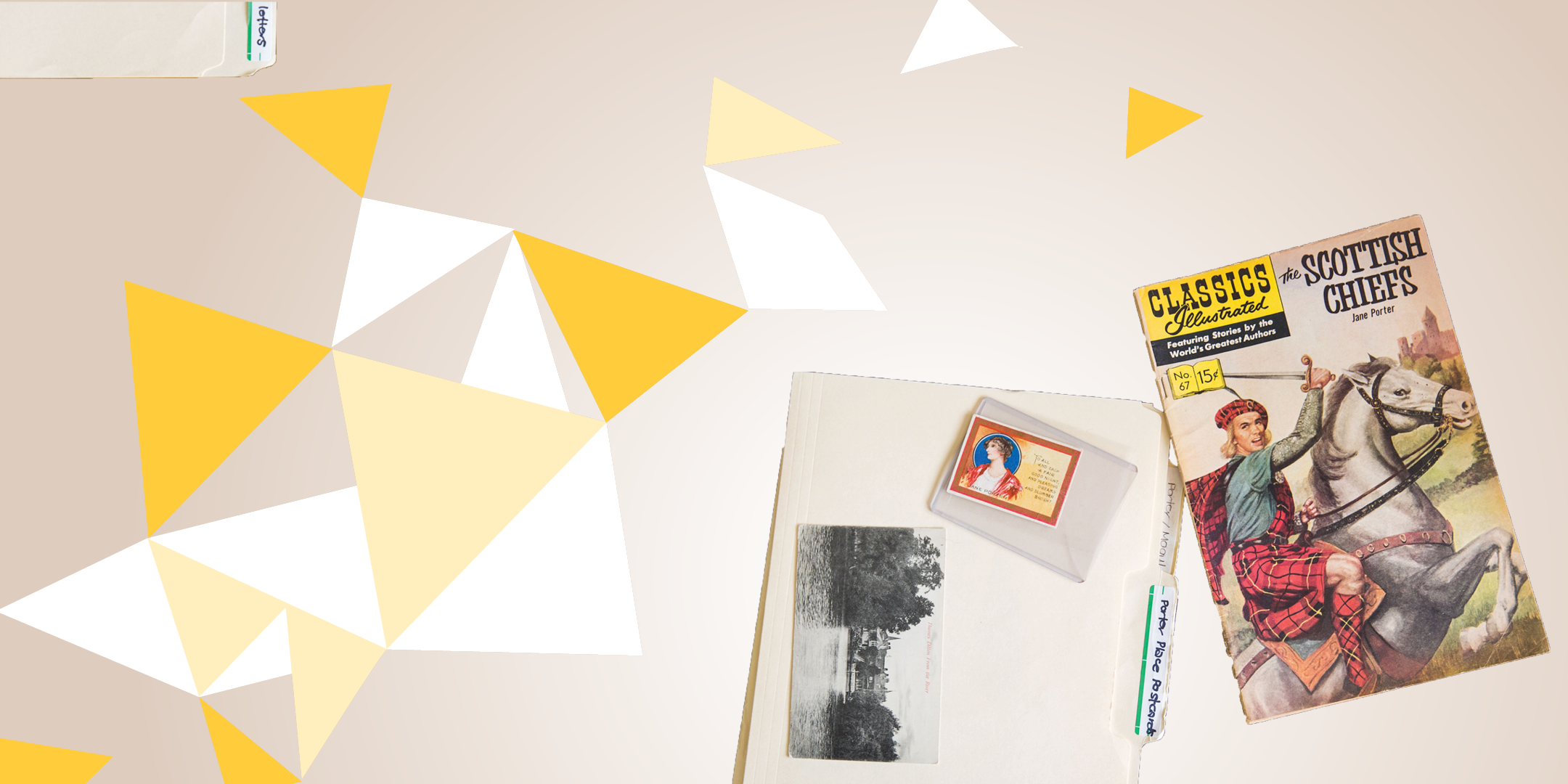ONLINE: Research in the Age of Coronavirus

Research in the age of coronavirus has come with new and unexpected challenges. The Institute for Humanities Research (IHR) invites you to a conversation about the possibilities and problems of conducting research in an age of virtual meetings, travel restrictions and funding uncertainties.
Three ASU Humanities panelists will address questions such as:
- How do we, as researchers in the humanities, attend to our humanities work during a pandemic that impacts every part of the human experience?
- How do we sustain academic communities that would allow our junior and senior colleagues to thrive in an age of precarity?
- What new complications are we facing in our disciplines? As humanities researchers?
- What research activities are/are not possible in the age of coronavirus? What are strategies to ensure we adapt to new challenges?
- What doesn’t work online? How are our ways of researching impacted by the pandemic, and how do we approach new methods of research in its wake?
This event is part of the Adaptation, Resiliency and Care series. In this broader time of uncertainty, this series seeks to provide conversations and resources to create a community of mutual support. It is through adaptation, resiliency and care that we must face our collective sense of precarity. Caring for the human experience we are collectively going through is of the utmost importance — and humanities practitioners can help.
Speaker bios
Vanessa Fonseca Chávez is an assistant professor of English in the College of Integrative Sciences and Arts at ASU. Her work focuses on layered colonial relationships in pre-Chicana/o and Chicana/o literature and cultural production in the southwest United States. At ASU, Fonseca-Chávez teaches courses on film in the American Southwest, Indigenous literature, Chicana/o literature and American ethnic literature. She is a core faculty member of the M.A. in Narrative Studies program where she teaches courses on Conquest Narratives, Writing the Southwest and Narrating the Archives. She also is an affiliate faculty member of the School of Transborder Studies, the School of International Letters and Cultures and the Department of English at ASU Tempe.
Kathleen Lamp-Fortuno is an associate professor of Rhetoric in the area of writing, rhetoric and literacies (WRL) in the Department of English. Her primary research is in the history of rhetoric. Her first book, "A City of Marble," focuses on the influence of rhetorical theory on the Augustan cultural campaigns in the period between the Roman republic and empire. Professor Lamp's current scholarship focuses on the classical influence on U.S. public art including monuments and memorials and how those sites guide understandings of citizenship and civic participation. Professor Lamp's research has appeared in Philosophy and Rhetoric, Rhetoric Society Quarterly and Advances in the History of Rhetoric. Her most recent project, “Monumental Objections: The Phoenix Indian School at Steele Indian School Park,” received an IHR seed grant in Fall 2019.
Catherine O'Donnell is Professor of History at Arizona State University. She is the author of "Elizabeth Seton: American Saint" from Cornell University Press, which was awarded the Distinguished Book Award by the Conference on the History of Women Religious and the Biography Prize from the Catholic Press Association. She is also the author of "Men of Letters in the Early Republic," and she has published articles in venues including the William and Mary Quarterly, the Journal of the Early Republic, Early American Literature and the US Catholic Historian. She teaches undergraduate and graduate courses on early American history and the Atlantic World.
Other events in the Adaptation, Resiliency and Care series
June 16: Teaching Online in the Age of Coronavirus